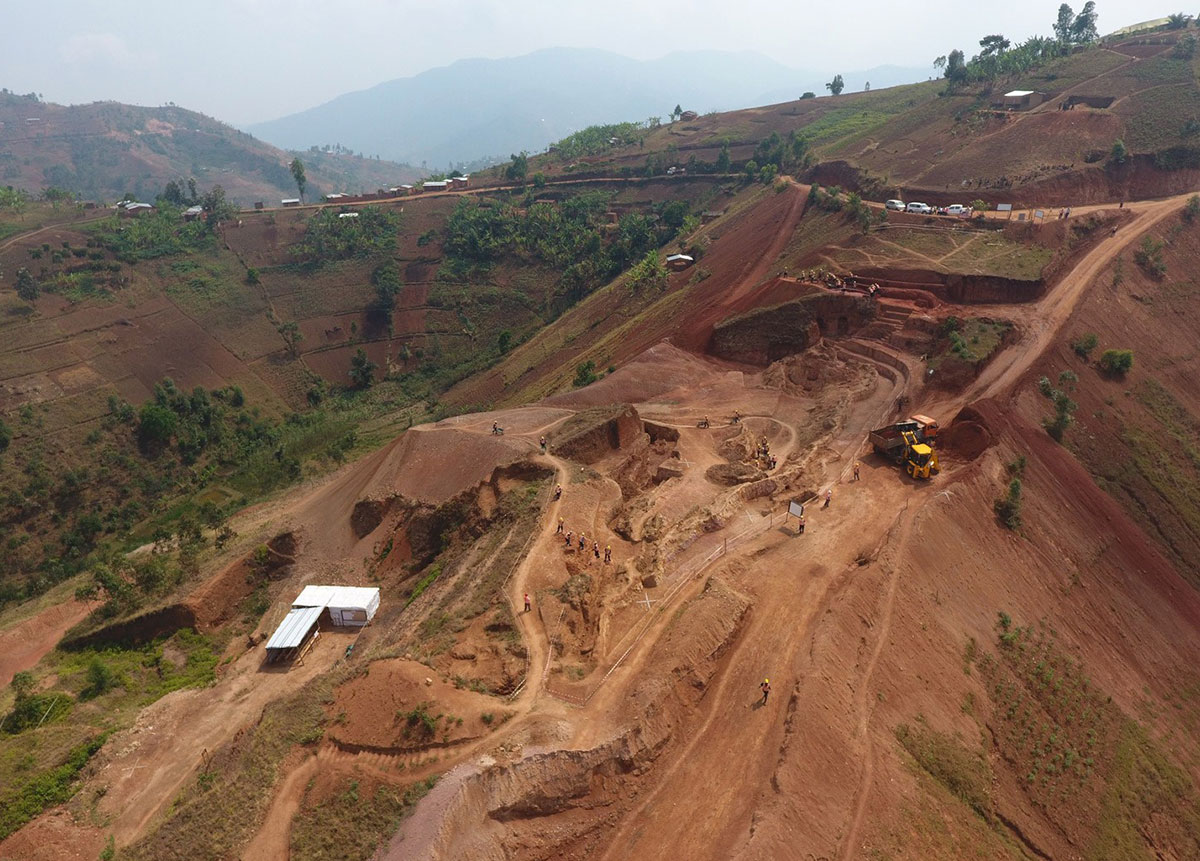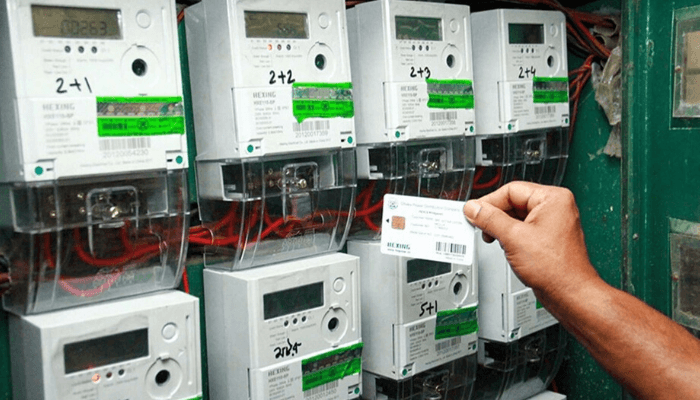By Ibifuro Ken-Giami
2020 will remain an unforgettable year in the archives of history, owing largely to the trail of challenges and hardship faced by most people as a result of the COVID19 pandemic. Although there are several negative impacts of the pandemic, it has clearly revealed the systemic and deep forms of inequalities in the world system. Shamina Singh, Founder & President of the Mastercard Center for Inclusive Growth, succinctly elaborated on this point in her statement that “COVID-19 has brought to the forefront the urgency of inclusive growth and the impact of unequal growth.”
Nigeria’s #EndSARS protests seem to be one movement that is masked with different dimensions and underlying undertones of inequalities and inequities. However, the question remains: What is the difference between this particular social protest and others conducted in the past? Why is this protest more organised, organic, resilient and consistent?
For decades, both online and on-site social protests have been held in Nigeria as a form of expression of the demands and grievances of the people. Most recently, from #BringBackOurGirls, #NotTooYoungToRun, to #OccupyNigeria, the common denominators behind these protests have been poverty, high cost of living, unemployment, corruption, violence, denial and suppression of basic rights, lack of opportunities and basic amenities. However, the #EndSARS protest comes at a time when the grip of COVID19 pandemic is being felt by both the developed and underdeveloped worlds alike, hence, making it an obviously clear mirror, reflecting the existing inequalities.
#EndSARS has gradually grown to become a movement, having a life of its own, with a rare heartfelt, soulful and palpable hunger or thirst for ‘the New’ in the eyes of the teeming youth behind this protest. The #EndSARS movement has gone beyond a cry for all or some of the basic necessities demanded for in previous protests, to a yearning and cry for equality and inclusiveness – for at the bedrock of all basic necessities and opportunities in life is equality and inclusivity.
Therefore, at this unprecedented time of crisis, it has become a matter of urgency for governments and organisations to include inclusivity and equality as parts of the important elements of their growth strategies.
At the Centre for Economic and Leadership Development (CELD) where I serve as Executive Director, working in partnership with the Amazons Watch Magazine, we are committed to utilising our platforms to lead the conversations on the urgency for inclusive leadership as a way of building back-transformed economies post COVID-19.
#ENDSARS #inclusiveleadership #equalityforall


